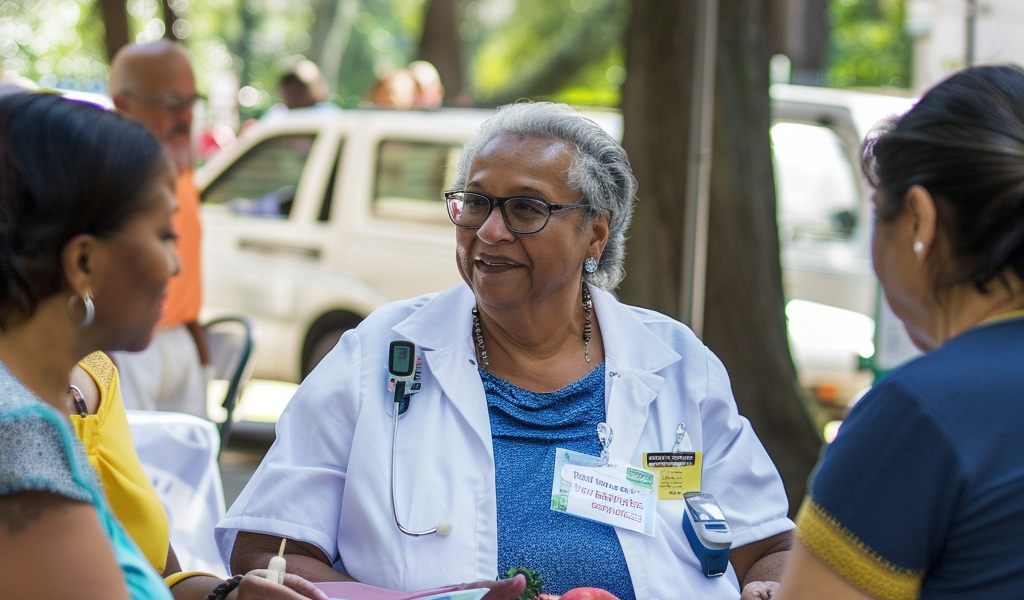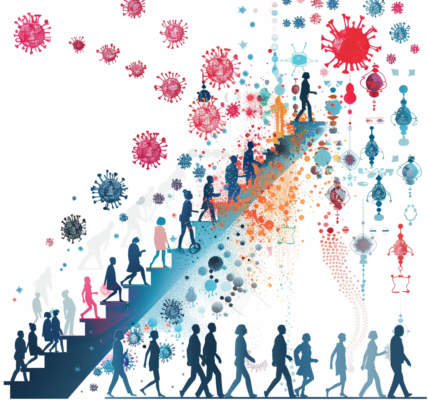November marks Diabetes Awareness Month, a crucial period dedicated to enhancing public knowledge about diabetes, promoting education, and advocating for improved care and support for individuals affected by this chronic health condition. As the prevalence of diabetes continues to rise globally, this month-long initiative aims to address common misconceptions and reduce the stigma surrounding the disease.
Diabetes is characterized by the body’s inability to effectively regulate blood sugar levels, leading to various health complications. There are three primary types of diabetes: type 1, type 2, and gestational diabetes, each presenting unique challenges that necessitate tailored management strategies. During this awareness month, organizations strive to educate the public about these differences and emphasize the importance of early diagnosis.
The growing incidence of diabetes worldwide is alarming. According to recent statistics, millions of people are living with diabetes, and many remain undiagnosed. This lack of awareness can lead to severe health complications, including heart disease, stroke, and kidney failure. By increasing awareness, the goal is to promote earlier diagnoses, improve management strategies, and ultimately reduce the risk of complications associated with the disease.
Throughout Diabetes Awareness Month, various organizations and health advocates come together to share valuable information and resources. Educational campaigns focus on the importance of understanding the symptoms of diabetes, which can include increased thirst, frequent urination, extreme fatigue, and blurred vision. Recognizing these symptoms early can lead to timely medical intervention and better health outcomes.
Moreover, the campaign encourages individuals to take proactive steps towards managing their health. This includes regular screenings, maintaining a balanced diet, engaging in physical activity, and adhering to prescribed medication regimens. Empowering individuals with knowledge about their health can significantly impact their quality of life and overall well-being.
Community engagement is another vital aspect of Diabetes Awareness Month. Many organizations host events, workshops, and support groups to foster a sense of community among those affected by diabetes. These gatherings provide a platform for individuals to share their experiences, learn from one another, and advocate for better healthcare policies. By creating a supportive environment, the campaign aims to alleviate feelings of isolation often experienced by those living with diabetes.
In addition to community support, the role of healthcare professionals is paramount in managing diabetes. During this month, healthcare providers are encouraged to engage in conversations with patients about diabetes management, treatment options, and lifestyle changes that can help control blood sugar levels. Furthermore, healthcare systems are urged to implement policies that facilitate access to diabetes care, including affordable medications and regular check-ups.
As part of the awareness efforts, social media platforms are utilized to reach a broader audience. Campaigns leverage hashtags and share personal stories that highlight the daily challenges faced by individuals living with diabetes. This digital outreach not only raises awareness but also encourages advocacy for better healthcare resources and support systems.
In conclusion, Diabetes Awareness Month serves as a critical reminder of the importance of education, community support, and proactive health management. By coming together to share knowledge and resources, we can foster a better understanding of diabetes and work towards improving the lives of those affected by this chronic condition.





